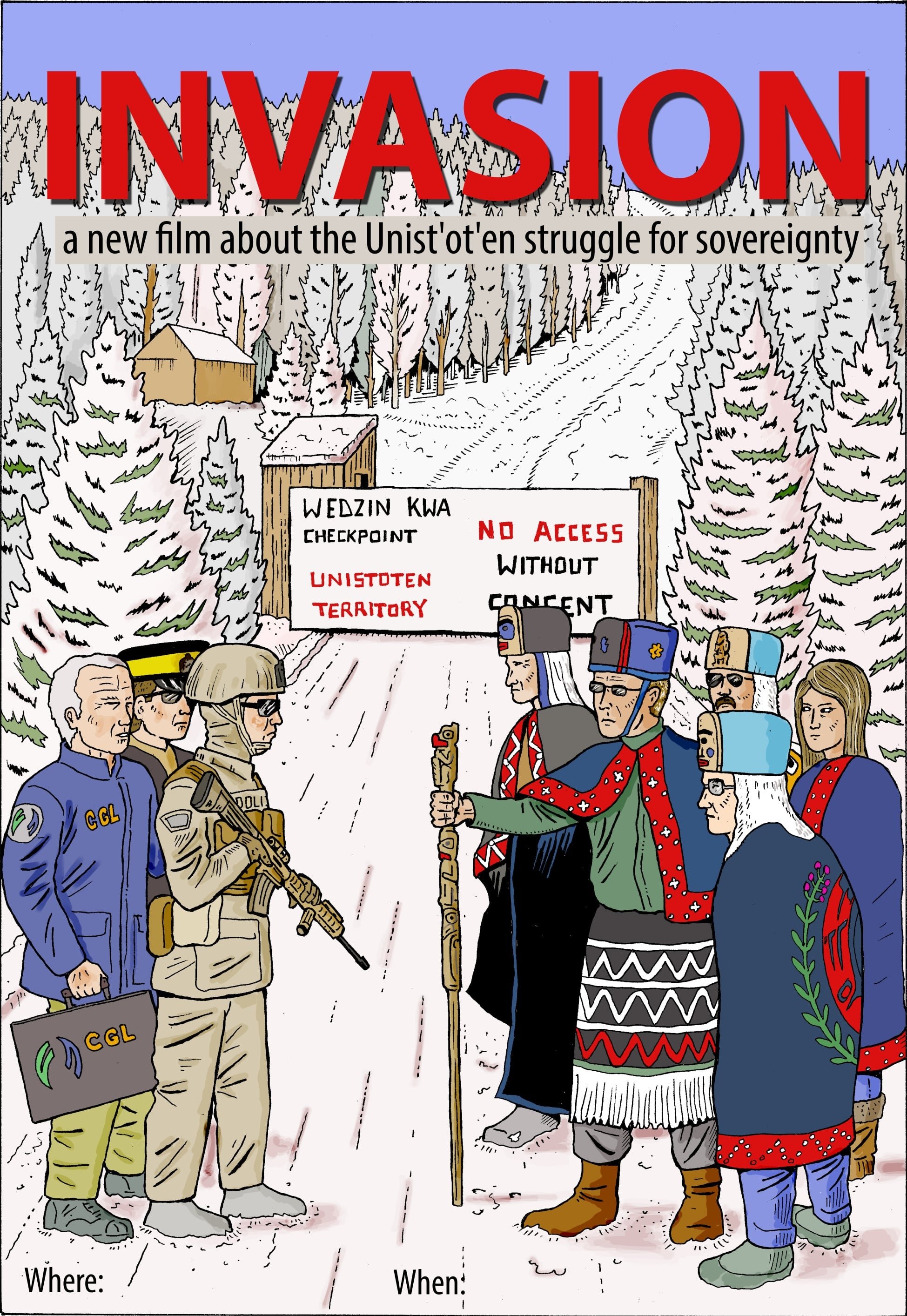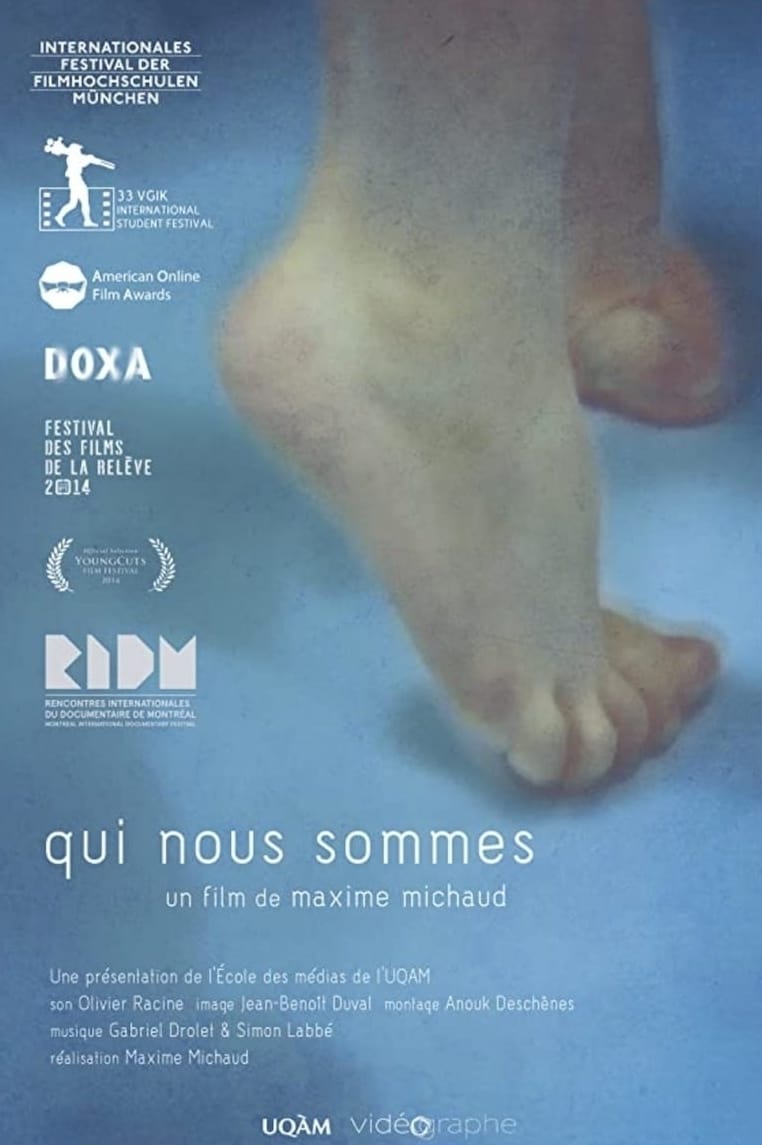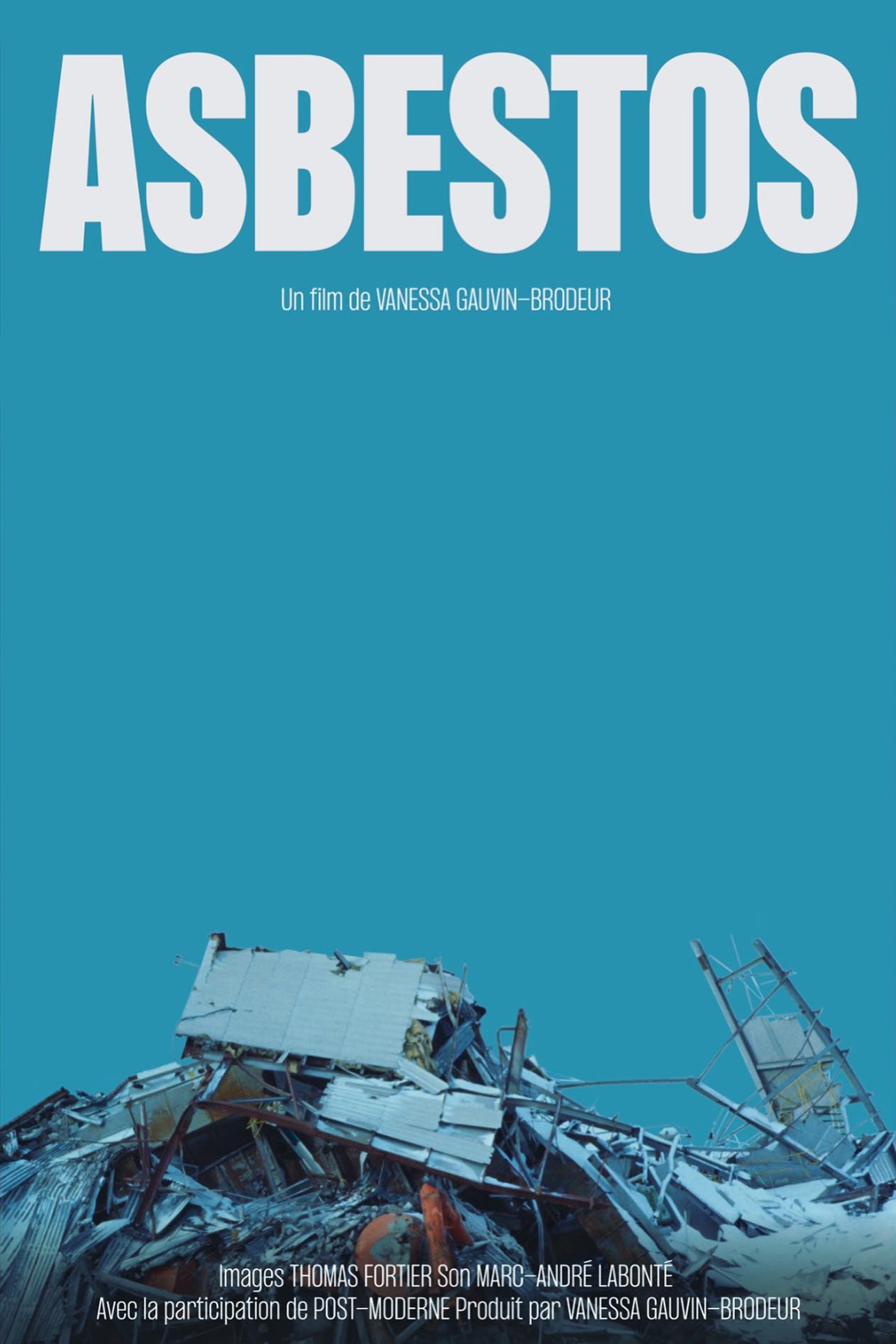
The Delightful One
2023
0h 6m
0.0(0 votes)
Documentary
Overview
In the form of a poetic love letter to its nation, this short film reveals a strong community and the anchoring of the new generation in this rich culture.
Links & Resources
Social & External

















